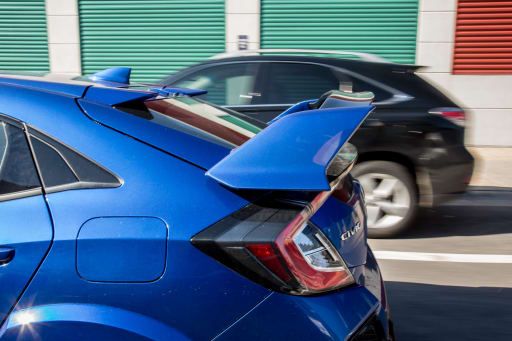


As technology continues to advance at an astonishing pace, the future of autos holds a plethora of exciting possibilities. From electric and autonomous vehicles to innovative transportation solutions, the automotive industry is undergoing a significant transformation that will redefine the way we drive and commute.
Electric Revolution:
One of the most prominent trends shaping the future of autos is the rise of electric vehicles (EVs). With increasing concerns about climate change and a shift towards sustainable practices, EVs have gained significant traction. Major automakers are investing heavily in research and development to improve battery technology, charging infrastructure, and driving range. As a result, EVs are becoming more accessible, affordable, and capable of competing with traditional internal combustion engines.
Autonomous Vehicles:
Autonomous vehicles, or self-driving cars, are another groundbreaking aspect of the future of autos. With advancements in artificial intelligence, machine learning, and sensor technology, autonomous vehicles have the potential to revolutionize transportation. These vehicles offer enhanced safety, reduced traffic congestion, and increased convenience. However, widespread adoption and regulatory challenges remain as significant obstacles to overcome.
Shared Mobility:
The future of autos is not just limited to individual ownership. The rise of shared mobility services, such as ride-hailing platforms and car-sharing programs, is transforming the way we commute. These services provide alternatives to traditional car ownership, promoting a more efficient use of vehicles and reducing traffic congestion. As technology improves, shared mobility is expected to become more convenient, affordable, and sustainable.
Connected Cars:
The integration of automobiles with advanced connectivity features is another crucial aspect of the future of autos. Connected cars leverage internet connectivity to provide a wide range of benefits, including real-time traffic updates, remote diagnostics, and enhanced safety features. As vehicles become more integrated with the digital world, data-driven insights and personalized experiences are set to become the norm.
Alternative Fuels:
While electric vehicles dominate discussions surrounding the future of autos, alternative fuels also play a vital role. Hydrogen-powered vehicles, for instance, offer zero-emission transportation and faster refueling times compared to EVs. Additionally, biofuels derived from renewable sources and natural gas-powered vehicles provide viable alternatives to conventional gasoline and diesel engines. The future of autos will likely witness a diverse range of fuel options as the world seeks to reduce its carbon footprint.
smart Infrastructure:
To support the future of autos, the development of smart infrastructure is crucial. This includes the deployment of charging stations for electric vehicles, as well as the implementation of intelligent transportation systems that optimize traffic flow and reduce accidents. smart infrastructure can enhance the efficiency and safety of transportation, leading to a seamless integration of various modes of mobility.
Conclusion:
The future of autos is an exciting prospect, filled with technological advancements and transformative changes. From electric and autonomous vehicles to shared mobility and connected cars, the automotive industry is evolving rapidly. As society becomes more focused on sustainability and efficiency, the future of autos will undoubtedly be characterized by cleaner, safer, and more interconnected transportation systems.